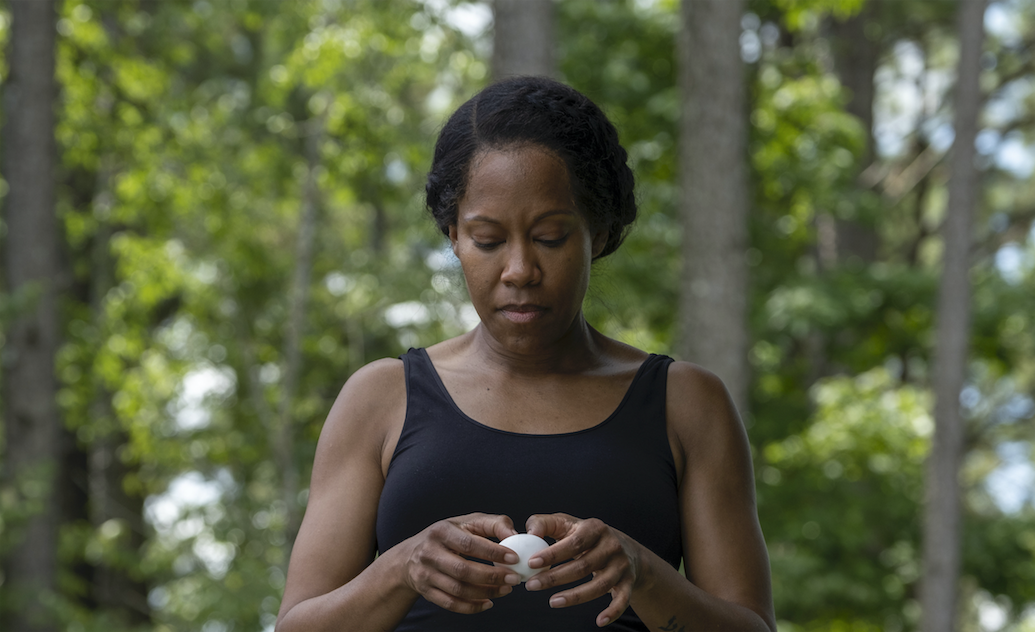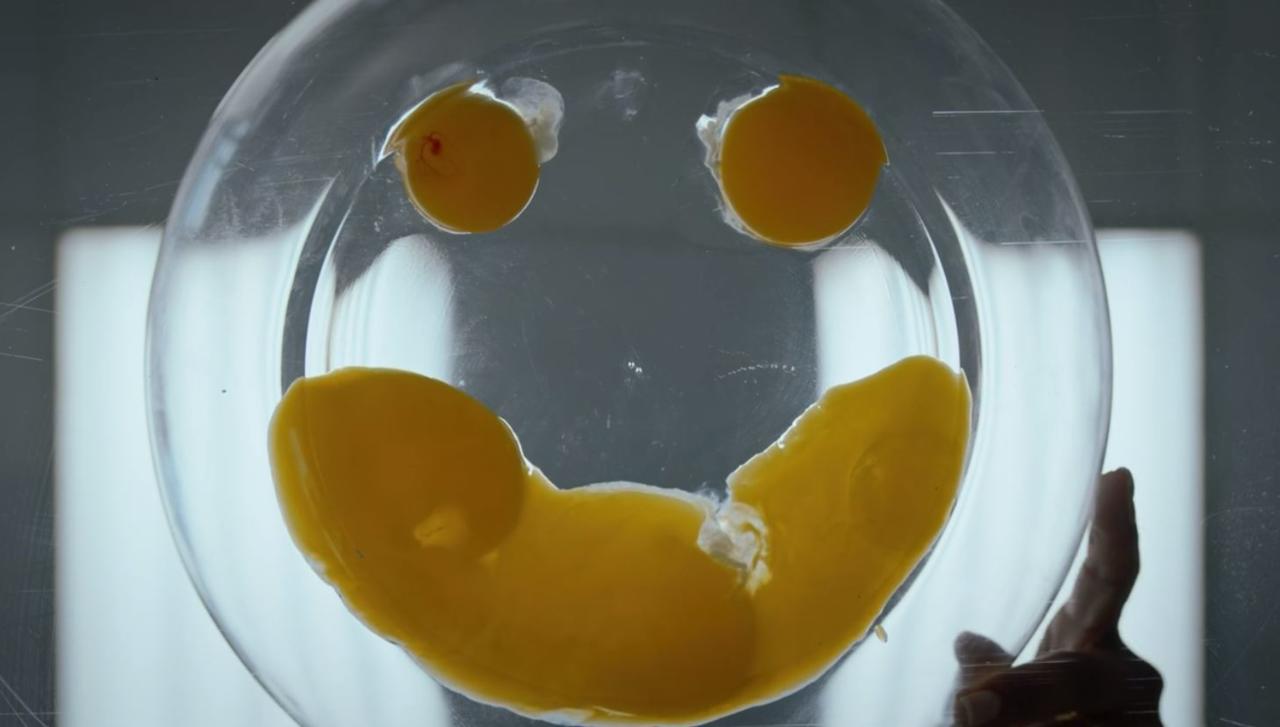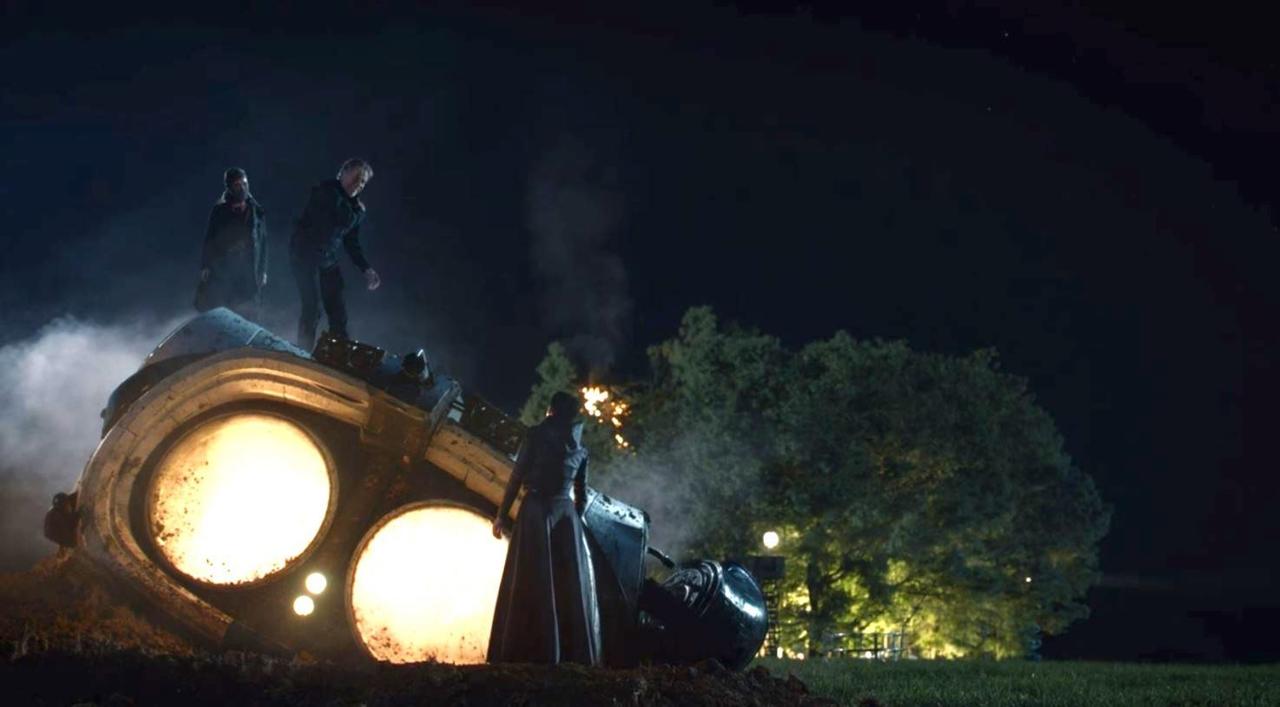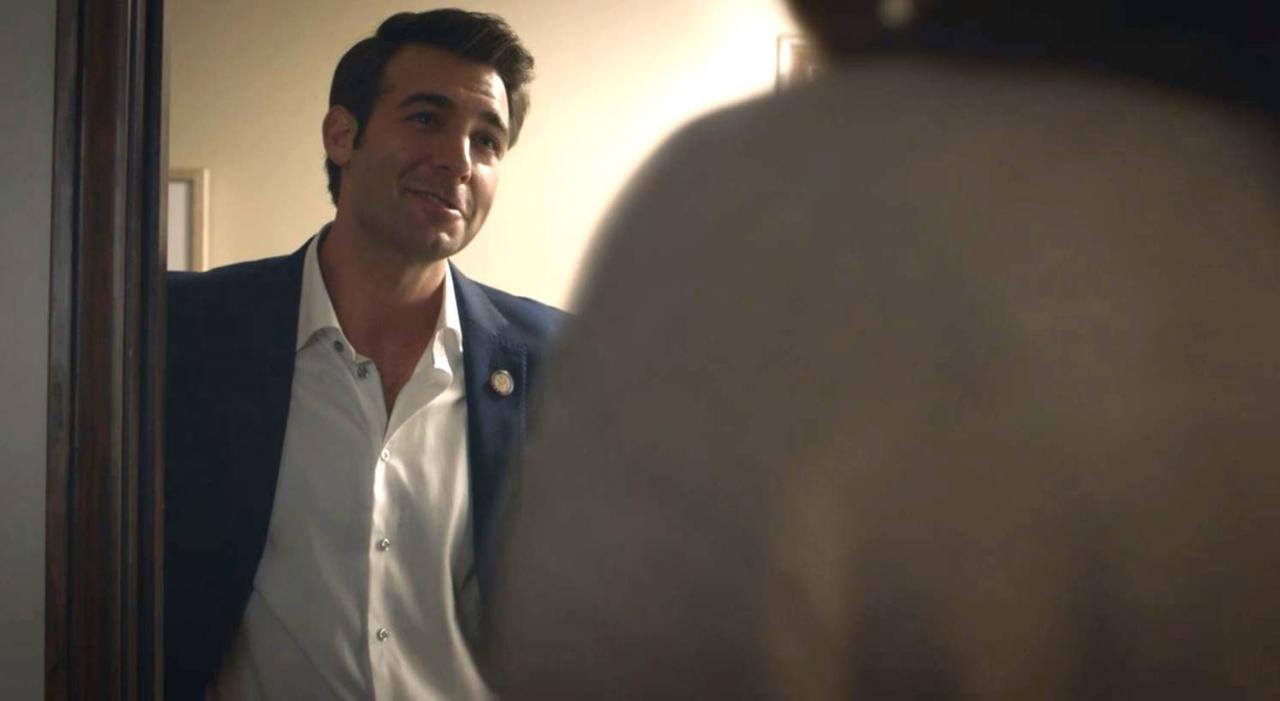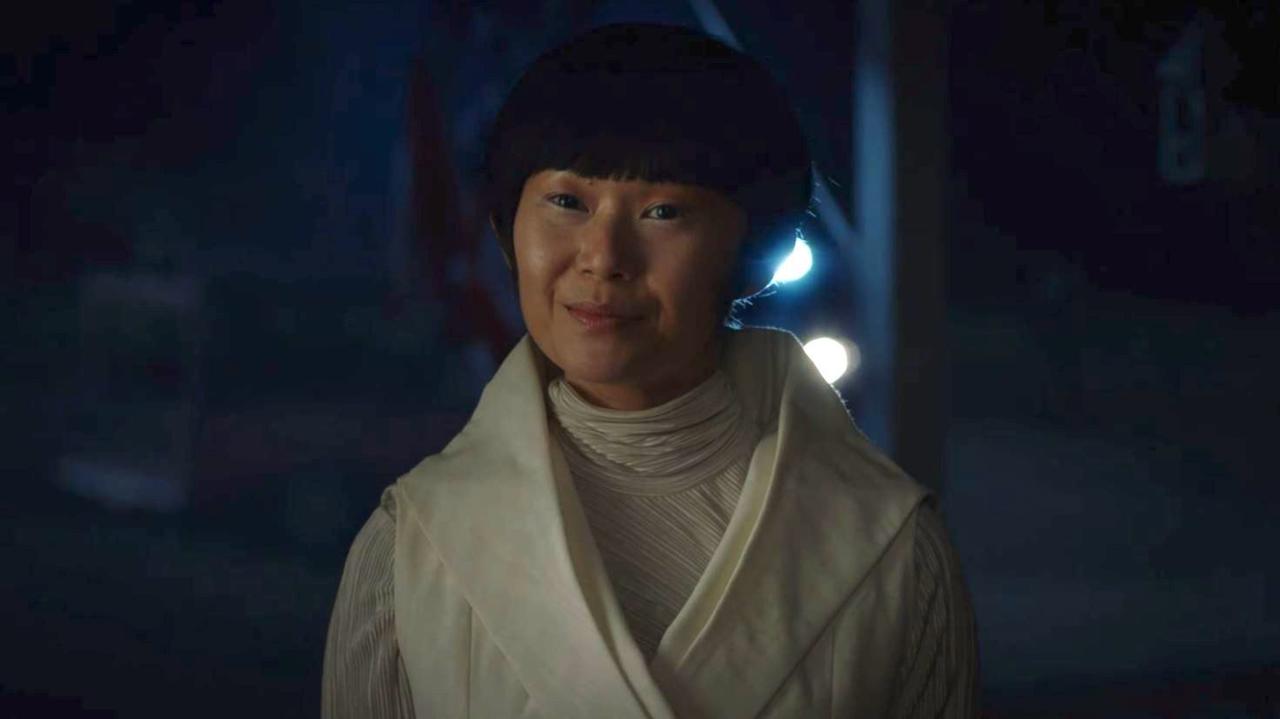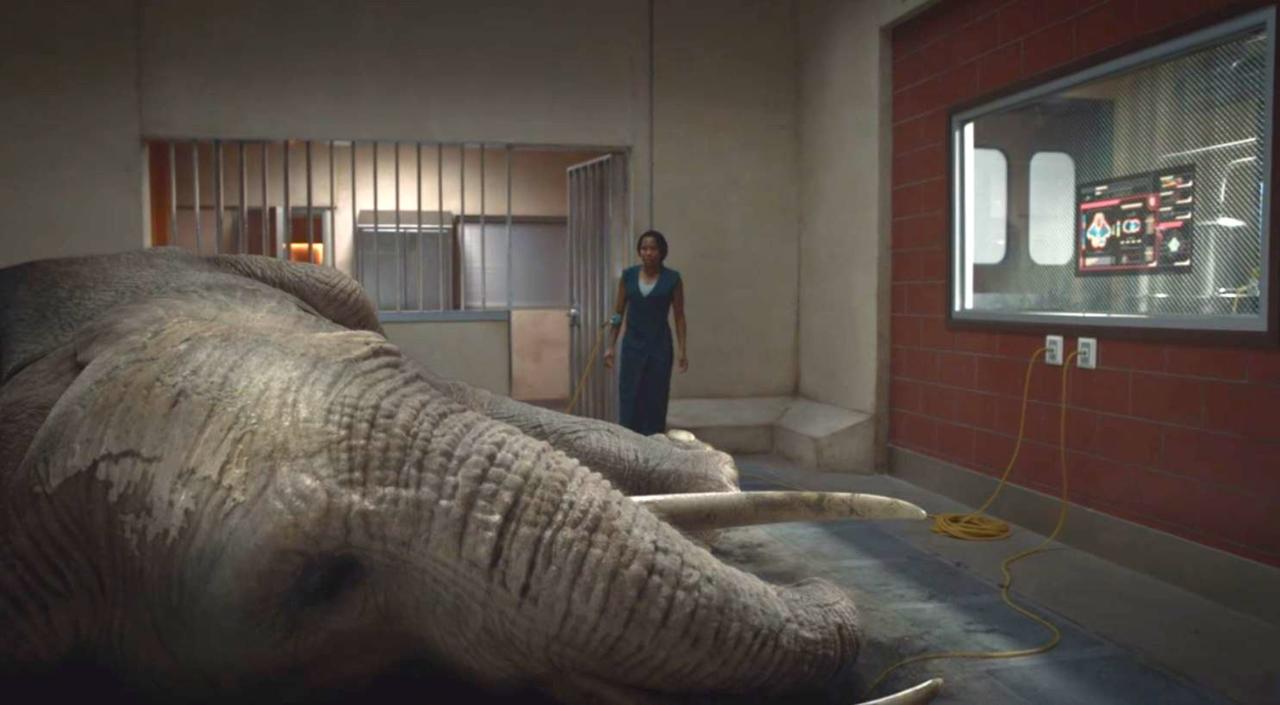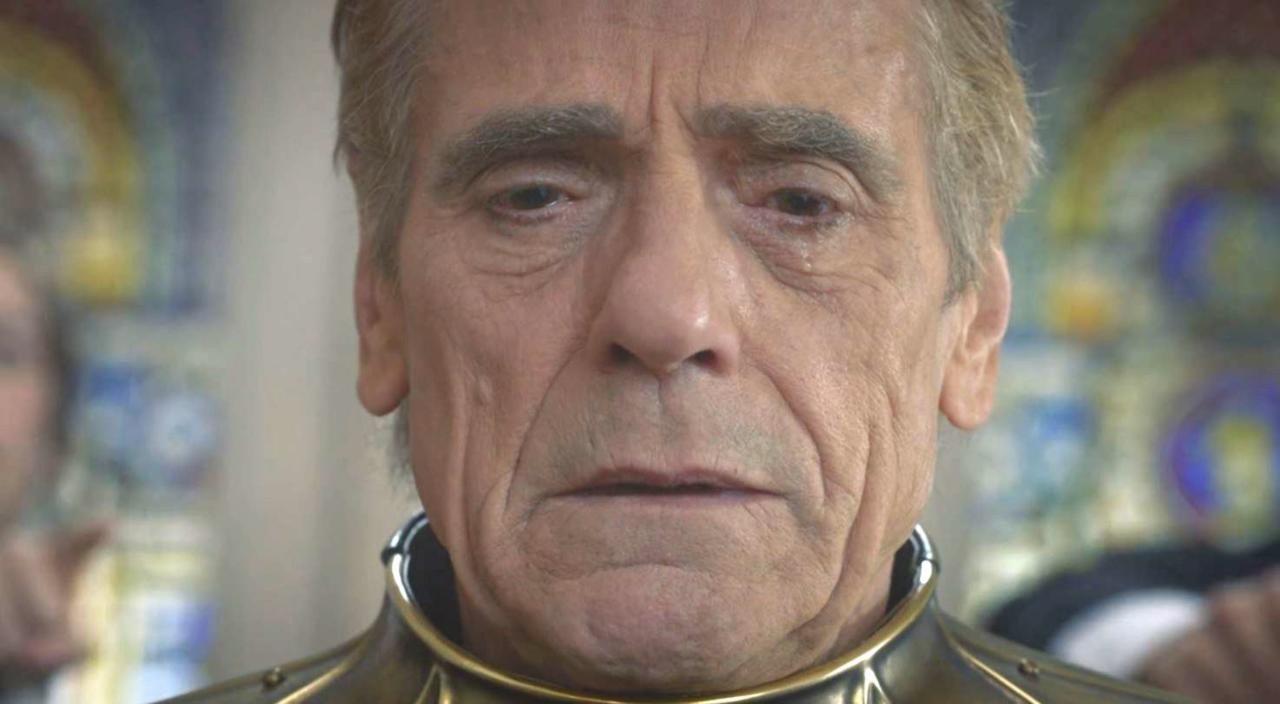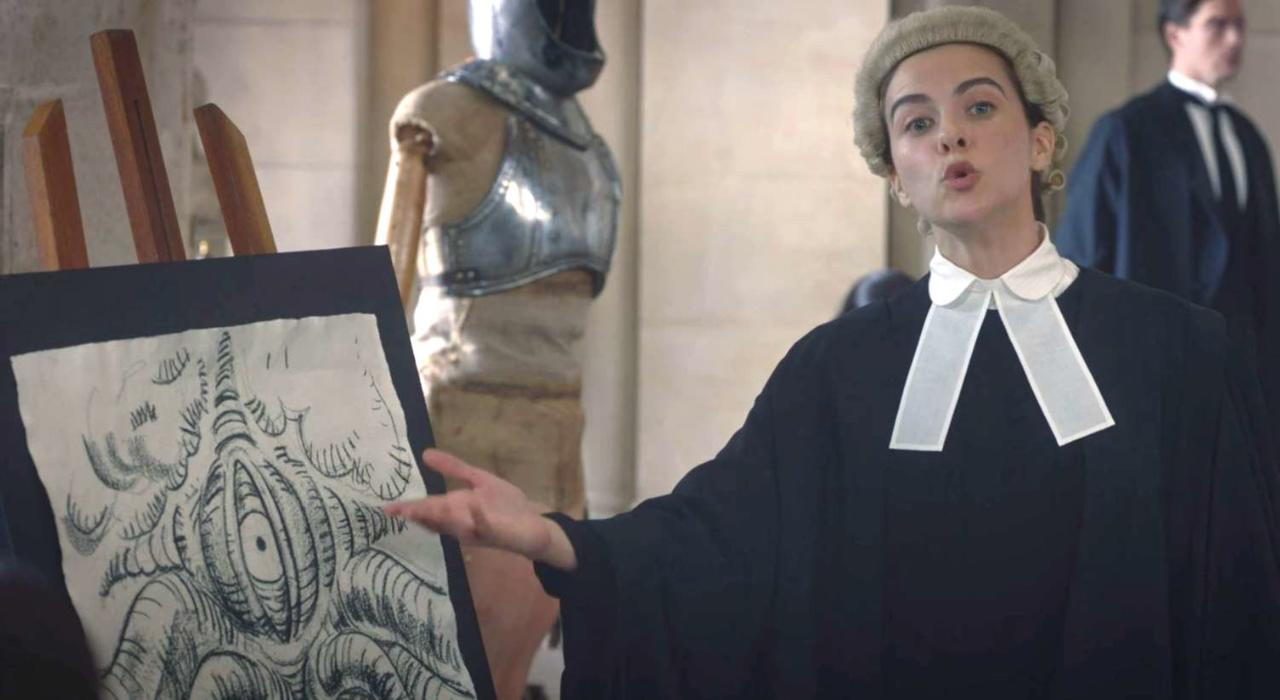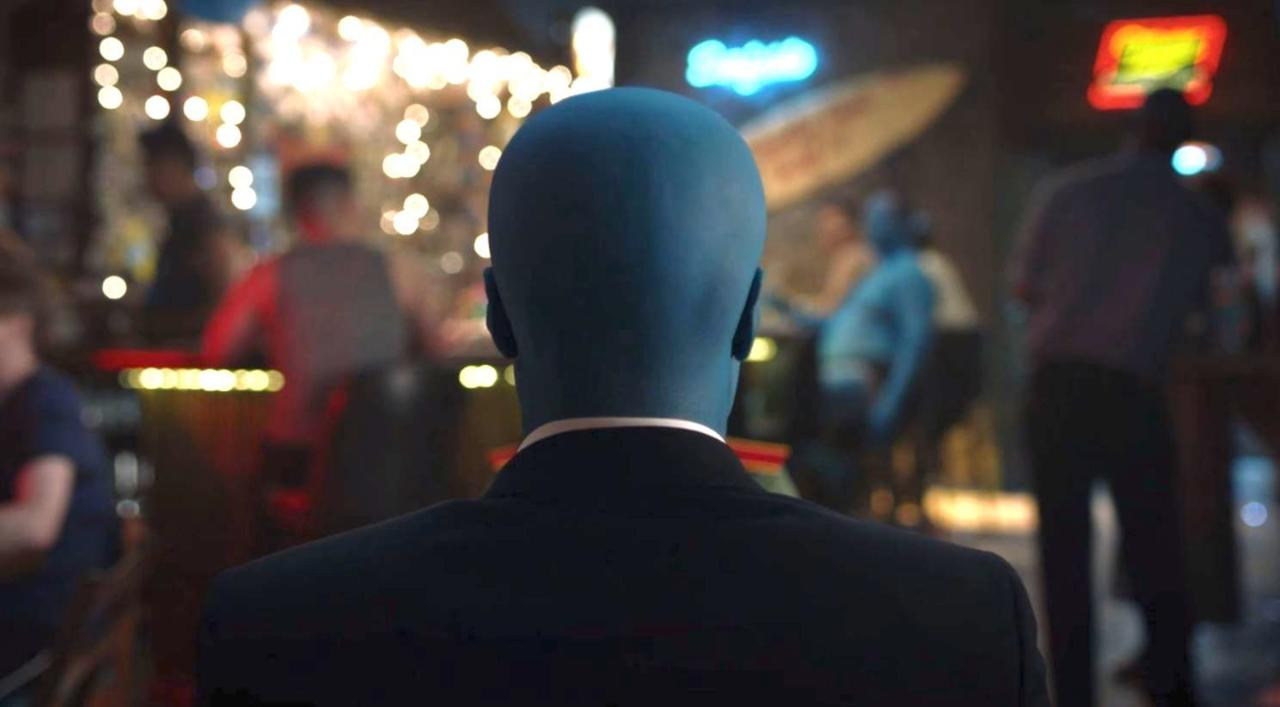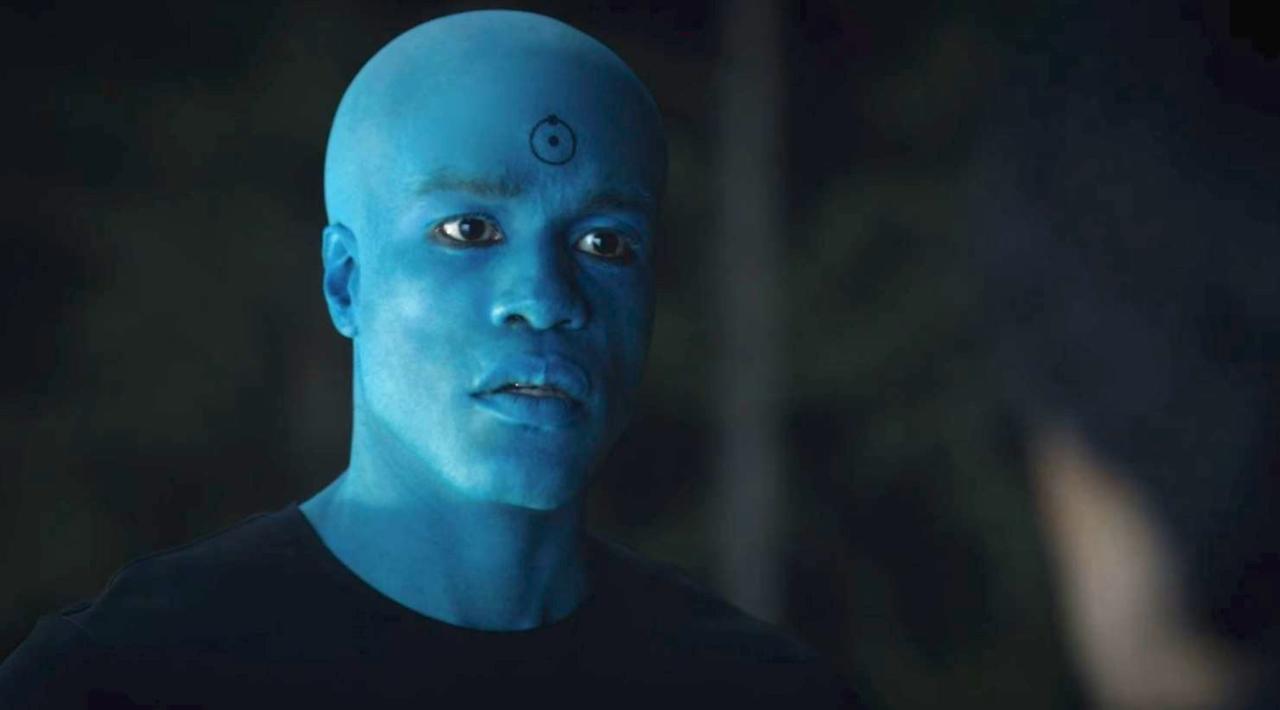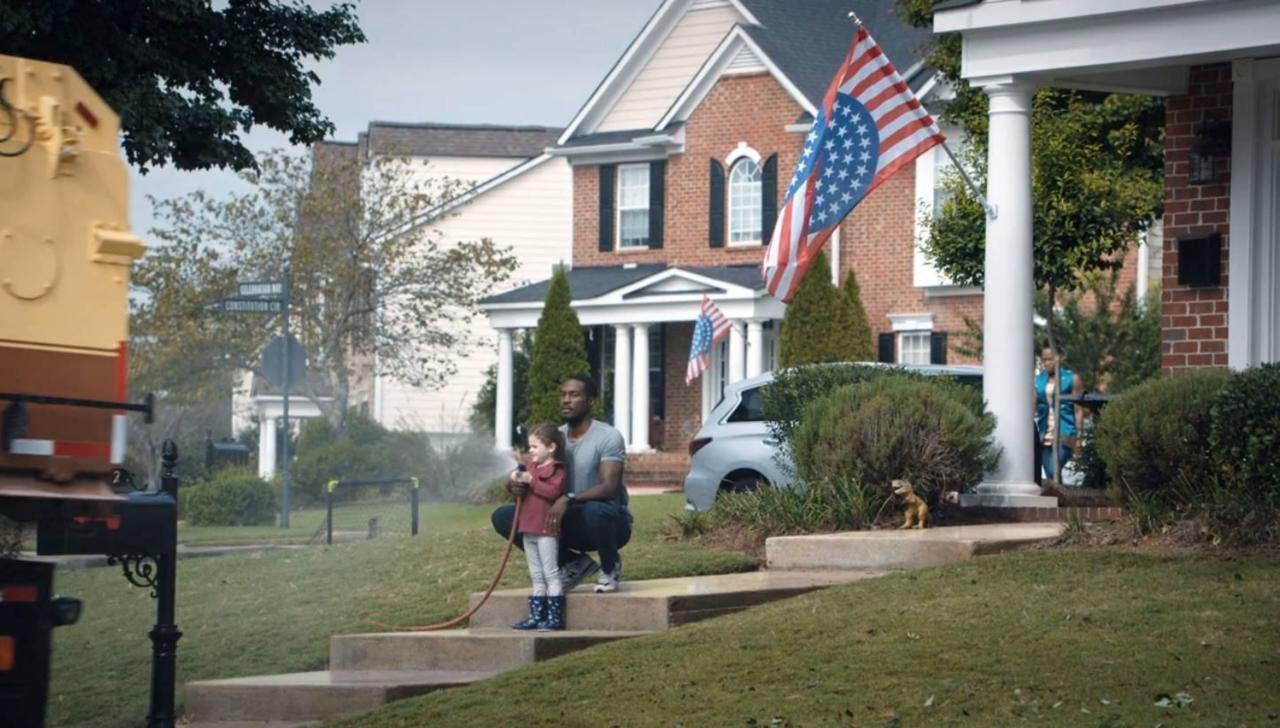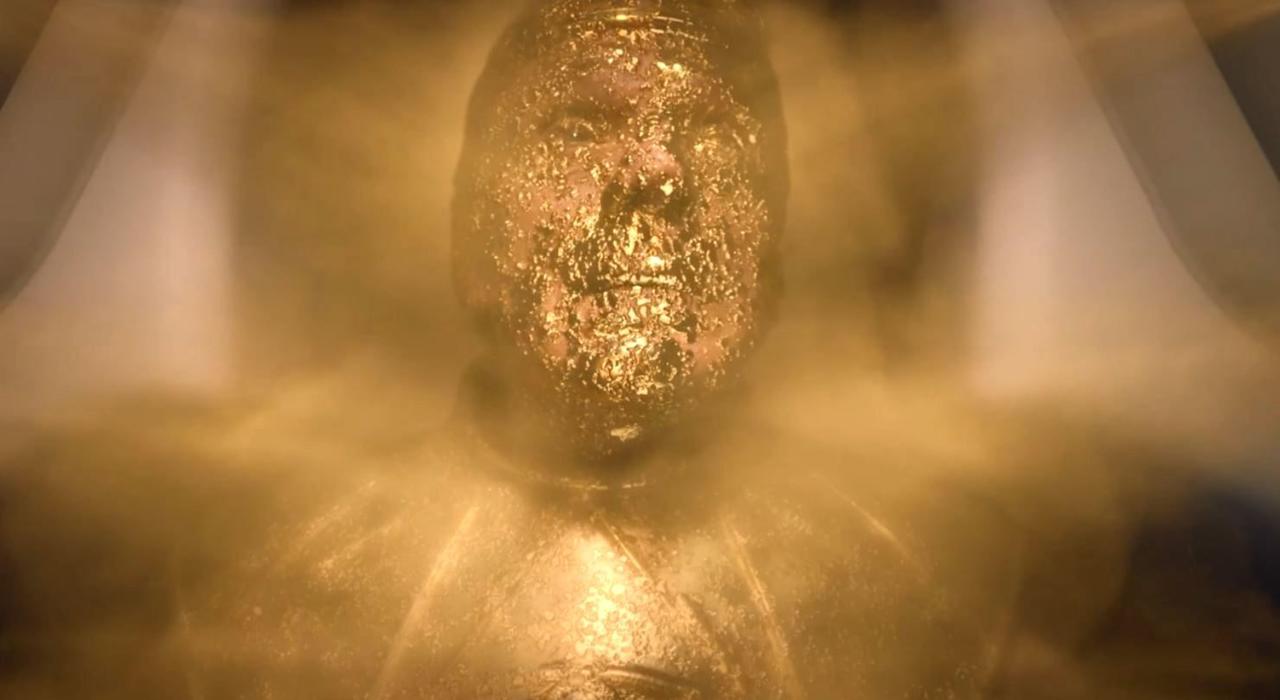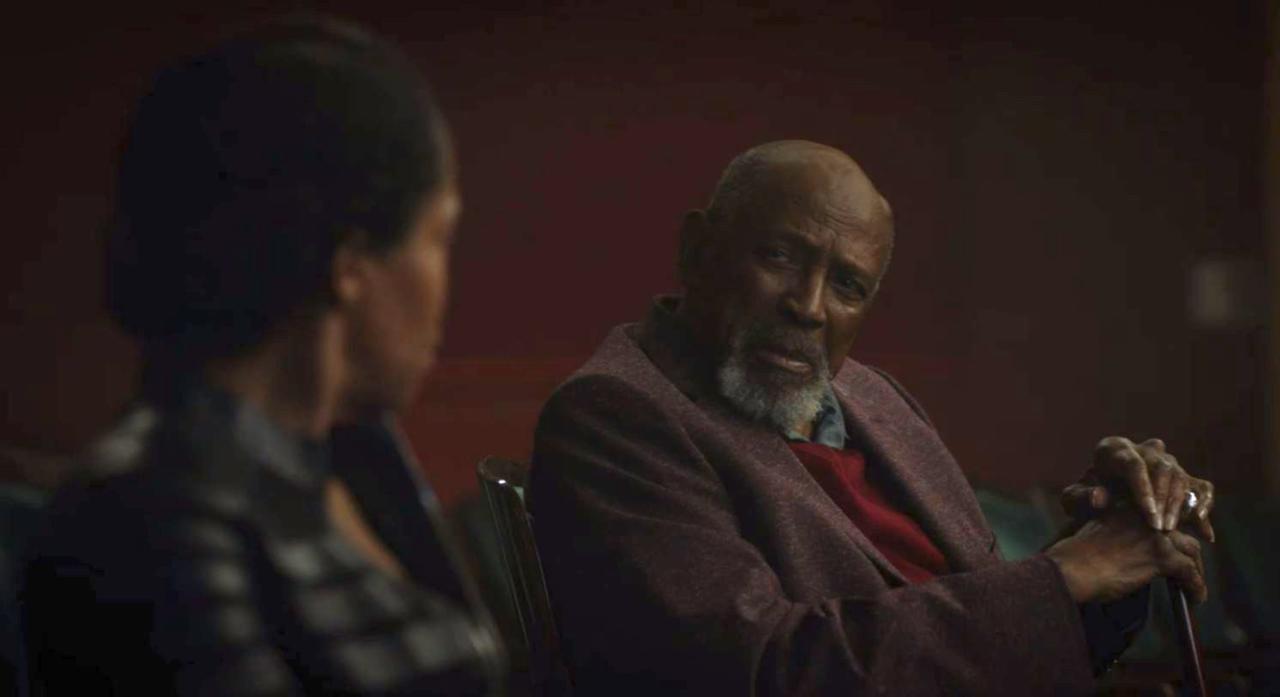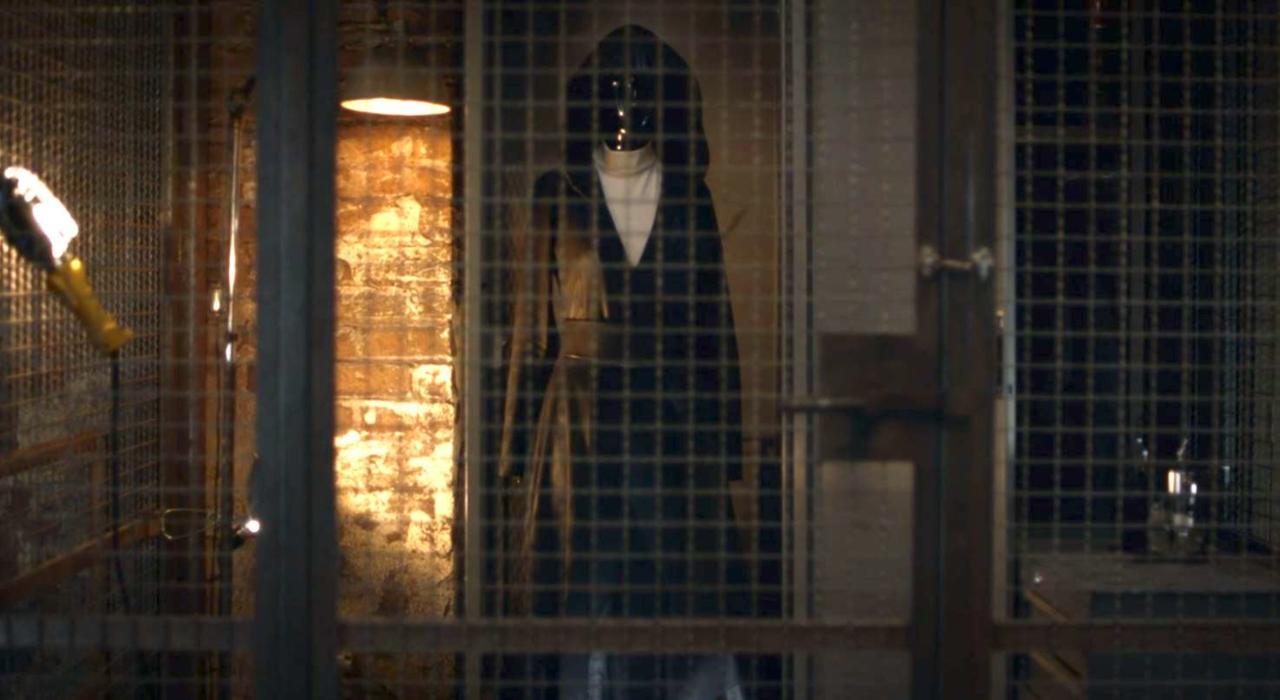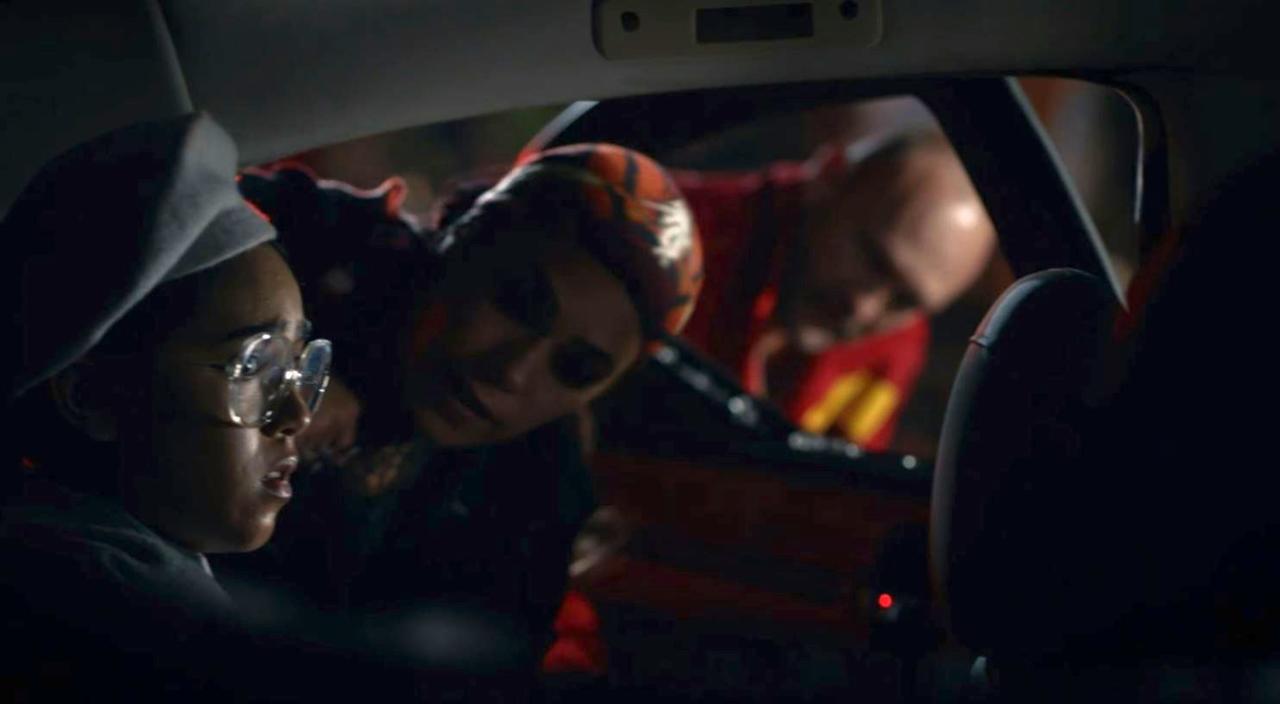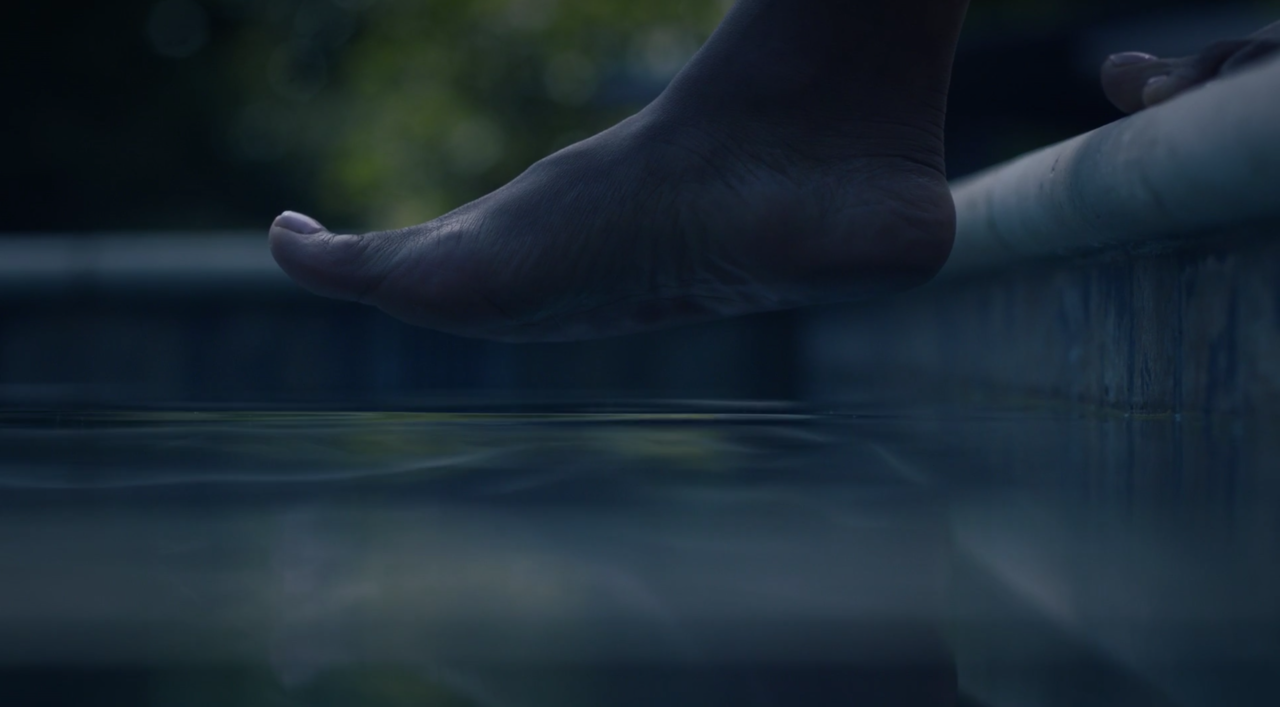Watchmen Finale: 15 Crazy Things From HBO's Podcast With Damon Lindelof
GameSpot may receive revenue from affiliate and advertising partnerships for sharing this content and from purchases through links.
Watchmen spoilers ahead!
HBO's Watchmen has finally come to a close, and the finale cemented it as one of the best shows of 2019--and easily one of the best series to appear on TV in years. As such, we haven't been able to get enough of this show. But the Peteypedia documents that HBO has been publishing online aren't the only companion piece we've been paying attention to--there's also the official Watchmen podcast, in which host Craig Mazin (showrunner of HBO's Chernobyl) has been interviewing Watchmen showrunner Damon Lindelof after each block of three episodes of the show.
Like clockwork, the podcast's final episode appeared in our feed after the finale, and we've been poring over it ever since to glean every last bit of information we can get out of it. While there are many questions the show answered, others are being addressed outside of it. Lindelof is candid during the conversation, and he addresses everything from the show's complex politics to the question of whether Watchmen Season 2 is likely to happen. He also discusses certain character motivations and reveals some of the earlier plans for the show that didn't pan out. Additionally, he talks about how he doesn't think the ending is ambiguous.
Westworld News
Keep reading to find out everything we learned from the official Watchmen podcast, then check out our explanation of the show's ending, and our list of Easter eggs and references in the show's final episode, and our answer to the ultimate Watchmen question: Who was Lube Man?
1. Damon Lindelof wants Watchmen fans to consider it worthy of the name
Lindelof says in the podcast that although he doesn't need comics fans to adore the show, he does hope they consider it worthy of the name Watchmen: "For people who have had a 30-year relationship with Watchmen like I have, or came to it later, people who have a pre-existing relationship with this, who may have watched the show with their arms crossed from the jump--which is how I would have been watching it, had I not been making it--if their arms gradually sort of unfolded. I don't need them to be clapping at the end, but if they made it to the end of Episode 9, and they're sort of like, 'OK, this thing can call itself Watchmen,' that was the brass ring."
2. Judd was covering his own butt when he helped attack the 7K compound
One thing that may prove confusing on a re-watch once you know how everything plays out is the fact that Judd was so gung-ho during the attack on the 7th Kavalry compound in the first episode--considering he was part of the organization's leadership all along. Lindelof explains this by examining the situation the 7K found themselves in after the member driving the lettuce truck had his run-in with the cop:
"This cop has now made this guy as a member of the 7th Kavalry. And this guy--who knows what he knows?" Lindelof says. "This guy basically changes the bad guy plan when he shoots the cop. So we're seeing an aberration. And so now Judd Crawford is basically spinning. He's like, 'Crap. The original bad guy plan was this guy was never gonna get pulled over, we were gonna finish making our cage, we were gonna go trap Doctor Manhattan and do our thing, and the rest is history. Now I've gotta improvise.' What he wasn't counting on was Angela beating a confession out of this dude who they pull into the pod, who says there's a 7th Kavalry cell that's basically at this cattle ranch. So Judd knows the only way through this is to take these guys out, and what he's doing is he's making sure that no one survives."
3. Keene's original plan was convoluted, but it makes sense
Throughout the series, the 7th Kavalry's ultimate goal became gradually more clear. Keene put the cops in masks to somehow help himself get elected president--a plan that took shape even as it transformed due to the revelation to the 7K that Cal was Doctor Manhattan in disguise. It's fairly convoluted, but the way Lindelof explains it makes sense:
"Keene's ambition is creating some kind of culture war...the 7th Kavalry starts to exist independent of Joe Keene [because of reparations]. Joe Keene doesn't start the 7th Kavalry. So he's the junior senator from Oklahoma, and he sees that this reparations legislation was passed, now the 7th Kavalry is starting to exist, and he starts to see, 'OK, well, this right-wing terror organization of white supremacists, there's a little bit of overlap in our Venn diagram of beliefs. My father, Joe Keene senior, was a member of Cyclops,' and there's this feeling of like, 'We've had to hide our faces, and now the 7th Kavalry is out there making a point of this.' At the same time, he's pro-police, Joe Keene. So it's sort of like, 'I identify with both the bad crazy racists in masks, but also the cops. So in a perfect world, I'll be able to control both sides. And the best way for me to control both of them is to put them all in masks so you can't tell the difference between them anymore.'
"You know, look, I'm the first to say that this logic makes your head spin a little bit, and as Keene is revealing his bad guy plan--which is a trope of the genre but also a trope of Watchmen...Keene even says something to the effect of like, you know, 'I'll admit it's, you know, it's a little harebrained.'"
4. Lindelof wanted Lady Trieu to have a clone of Angela at one point
During the podcast, Lindelof revealed an alternate idea of something Angela may have found on the other side of the door in Episode 7:
"OK. There's gonna be a tube running out of Angela's arm. It's gonna be connected to something. She thinks it's her grandfather. If, at the end of Episode 7, she goes barging through that door and it's Will, then what? Can't be him, and it can't be a red herring--it can't just be like, there's just a garbage bin there and some goop going into it. There needs to be something in that room. So let's start to kick the tires of what it would be. The idea that I fell in love with--and it's important for me to talk about this, because believe it or not, Craig, every idea I have is not a great idea, and thank god for the other writers--I was like, 'What if it's a clone of Angela?' So Lady Trieu has just grown another Regina King."
However, the show's other writers pointed out that it was late in the story to introduce such a huge new element, and besides, they were already doing a storyline involving clones on Europa.
5. There's a good explanation for why it was an elephant instead
So why the elephant? Lindelof explains, "These are foundational ideas stacked on ideas. But I believe it was [writer] Lila Byock who said, 'It should be an elephant.' An elephant never forgets, that's Lady Trieu's symbol, and more importantly, I think that the idea sort of came out that like, Lady Trieu wants to store these memories. And so instead of having there be like a hard drive, that elephant not only has Will Reeves' origin story in it, but god knows what else. And so it's out there wandering the world, you know, with all these [memories]."
6. Lindelof explains Veidt's single tear during his trial
One good question Mazin has for Lindelof is why Veidt shed a single tear during his trial on Europa. "Is he sad there because he is feeling guilty about what he has done? Or sorry for himself? Or is because he knows that he's going to have to leave them soon?" Mazin asks.
"This is gonna be the most frustratingly pretentious answer ever, but it's all of the above and also none of the above," Lindelof replies. "And I think that what I'll say is, in Episode 8, he does demonstrate to Jon in Cal's form probably the most real emotional moment that he demonstrates in the course of these nine episodes. Which is that he saved the world, and nobody even knows it. And the beautiful utopia that he had envisioned has not come to pass….He's raining down these baby squids just to kind of keep the status quo, but he's now at a point in life where he's like, 'I'm gonna die, and I've now acknowledged I lose to humanity. Humanity is too inherently f***ed up and self-destructive for me to ever save the world permanently. And more importantly, they've rejected my utopia.' And there's real resentment there: 'Why oh why must they continue to build their godforsaken bombs?' And so when he's crying in the trial...what he's crying about is this isn't utopia either."
7. Veidt wrote his own trial out of boredom
One question that we as viewers had was whether Veidt's trial was part of his grand plan, or if he was just killing time until Lady Trieu's rocket could make it all the way out to Europa. It turns out the answer is more complicated than we envisioned.
"He's in a waiting period now. This trial is just basically, he's killing time. It's Life Magazine in purgatory while he's waiting for Lady Trieu's ship to come and pick him up. He's literally written all this dialogue. So the reason that Crookshanks winks at him is because he wrote the closing argument. When he says, 'I'm writing a play,' The Watchmaker's Son is not the play that he was writing. The play that he was writing is everything that we've been watching, you know, to some degree. He put himself on trial, A) to kill time and not go insane, but also maybe if he has all these people yelling, 'Guilty!' at him, he'll feel guilty. He doesn't. He doesn't feel guilty."
8. The writers debated Doctor Manhattan and Angela's romance for an entire month
Mazin poses a great question about Angela and Jon's romance: "I know why he falls in love with Laurie. He's in a team with her, they meet, right; but why does he fall in love with Angela?"
Lindelof replies, "The question that you're asking now, I would say dominated like, probably a full month of conversations in the writer's room, and out of the writer's room, and via text, and in emails--this insane paradox."
9. Lindelof is good at explaining Doctor Manhattan
It can be hard to wrap your mind around the time paradoxes that Doctor Manhattan's unique abilities create. The same was true in the original comics. Here's how Lindelof explains it, in the context of the scene in the books when Manhattan attends a meeting for a new masked hero group called The Crimebusters:
"One could ask, why would Doctor Manhattan attend a meeting that he knew would end in failure? Wouldn't Doctor Manhattan know, when he attended this meeting, that he's going to meet that woman that he's gonna spend the next 15 years of his life with? Wouldn't he also know that he's eventually going to tire of this woman? So why do it in the first place? The original Watchmen isn't asking any of those questions. And the paradox that exists with Doctor Manhattan is, he knows what's going to happen, but he hasn't experienced the emotionality of it yet. So when Angela says to him, 'What's the moment where you fell in love with me?' He literally doesn't know...because he hasn't fallen in love with her yet. But if he falls in love with her at any future point, that becomes retroactively retconned, and so in his own estimation, he was always in love with her.
"So I think that we have to think of Doctor Manhattan in terms of, why would he go to Europa to create life in the first place, if he knows that ultimately he's going to leave Europa because the life that he created only wanted to worship him? He still has to go through the motions, in the same way that if you or I were deeply and profoundly in love with someone, and then suddenly down from the heavens an angel appeared and said, 'Craig, I have some bad news for you. You're gonna be married to this person for 12 years, and then they're gonna leave you,' or, 'they're gonna pass away,' would you then say, 'I'm breaking up with this person'? or would you go through the next 12 years?"
10. Yahya Abdul-Mateen II didn't know Cal was Doctor Manhattan at first
"When we shot the pilot, we hadn't told Yayah his true identity," Lindelof says. "And the reason that we didn't tell him is because Cal doesn't know he's Doctor Manhattan, and therefore it didn't feel like something Yahya needed to know. But then once we got picked up and we were going to series, I was like, 'We have to tell Yahya who he really is, because even though he's not conscious of it, he still is Jon Osterman. He doesn't have Jon Osterman's memories, but he has his personality.'"
11. The Veidt statue twist was inspired by Saw 2
Lindelof says "Saw 2 was the inspiration" for the Adrian Veidt statue twist, and for something that happened in Lost as well. "There's something that we did at the end of the third season of Lost, in the finale, where we play with time, that is a twist that was inspired by the movie Saw 2," he says. "And I was sort of like, 'That twist was so good, I think that there's ways to actually mass produce it. And I could use it again.'" The twist involves a father looking for his son, who his actually trapped inside a box that has been right next to him the entire time.
12. Lindelof sees Will as the Dumbledore of this series
In trying to explain why Will does what he does throughout Watchmen--especially where it pertains to the roundabout way he conveys his story to Angela--Lindelof compares Will to Dumbledore from the Harry Potter books: "There's this thing that drives me nuts in the Harry Potter books--which I adore--which is that Dumbledore, who knows everything and can rescue Harry at any moment and is the most powerful wizard, makes himself completely and totally scarce until the very end--until Harry has defeated whatever the evil is in that particular [story]. He could have helped, but Dumbledore always says kind of the same thing, repeating a very effective emotional idea, which is, 'I couldn't intervene, or else you wouldn't have learned the lesson for yourself. Now that I'm stating the lesson, you know it already, but I'm going to verbalize it for you.'"
Similarly, by the time Will outright states what this is all about in the scene at the theater in the finale, Angela already knows.
13. Angela is done being Sister Night
Lindelof confirms that Angela won't put on the habit and face paint again: "I think that I can say that Angela's days of wearing a mask are over. Because that was part of our intention too, which is, let's do the reverse--normally the first season ends with the character putting it on. 'I am Iron Man.' For her, it's basically like, 'Now it means something completely different for me to spray paint my face.' And the last time that we see her do that is in the fourth episode. She's actually not Sister Night for the last five episodes of the show."
14. Lindelof still doesn't think he'll do Watchmen Season 2
Despite the show's success, LIndelof hasn't budged on this. "My instinct right now at this precise moment of time is I don't know, and probably not," he says. "These nine episodes, which basically constituted two years of my life, and finally engaging down this road, the thing that needed to happen was I needed to have a satisfying answer for two questions. Question number one was 'Why?' and question number two was 'Why now?' I don't have satisfying answers to those questions for a second season of Watchmen.
"The answer to 'Why?' can't be 'Because the first season worked and you just do more' or 'We're just gonna build on the pre-existing themes more.' So I don't have an answer to 'why.' And then 'why now?' The timeliness of what I wanted to say in our 2019 suddenly coalesced with all these other things, as we've talked about, you know, that my antenna was receiving, particularly as it relates to the writing of Ta-Nehisi Coates, and just sort of everything that was happening between the police and people of color and the country, and saying, 'Can you talk about this sort of a thing in a pop culture construct like Watchmen? And if anything could hold it, it could be Watchmen. And I just--I have to do that.' I'm not feeling that compulsion right now."
That said Mazin suggests that, knowing Lindelof, he may come up with something eventually, which Lindelof seems to agree with. So who knows?
15. Lindelof didn't see the ending as a cliffhanger
This one is just hilarious, considering the way the series ends. Lindelof compares Angela's foot hovering above the pool with the top spinning at the end of the Christopher Nolan film Inception, an ending he says he absolutely loved.
"I was having breakfast with Tim [Blake Nelson, who plays Looking Glass]," Lindelof says. "And Tim obviously read the finale, because he was in it. And we were talking about, 'So when are we gonna come back and do more?' Because that's the way that it works is...you just assume there's gonna be a second season if the first season was any good or worthwhile or anybody watched it, etc. etc. So that's the way that it works. And I told him what I'm telling you now, and I said, 'I think that Season 1 ends in a way where the story feels complete.' And he said, 'If you think that the way that the first season ends is not the biggest cliffhanger of all time, you are f***ing nuts.' Those were his exact words. And it occurred to me for the very first time that people were going to perceive this as a cliffhanger, versus an ending."
No kidding, man.
Do you hope Watchmen returns for a second season? If it did, what would you want to see? Let us know in the comments below.
